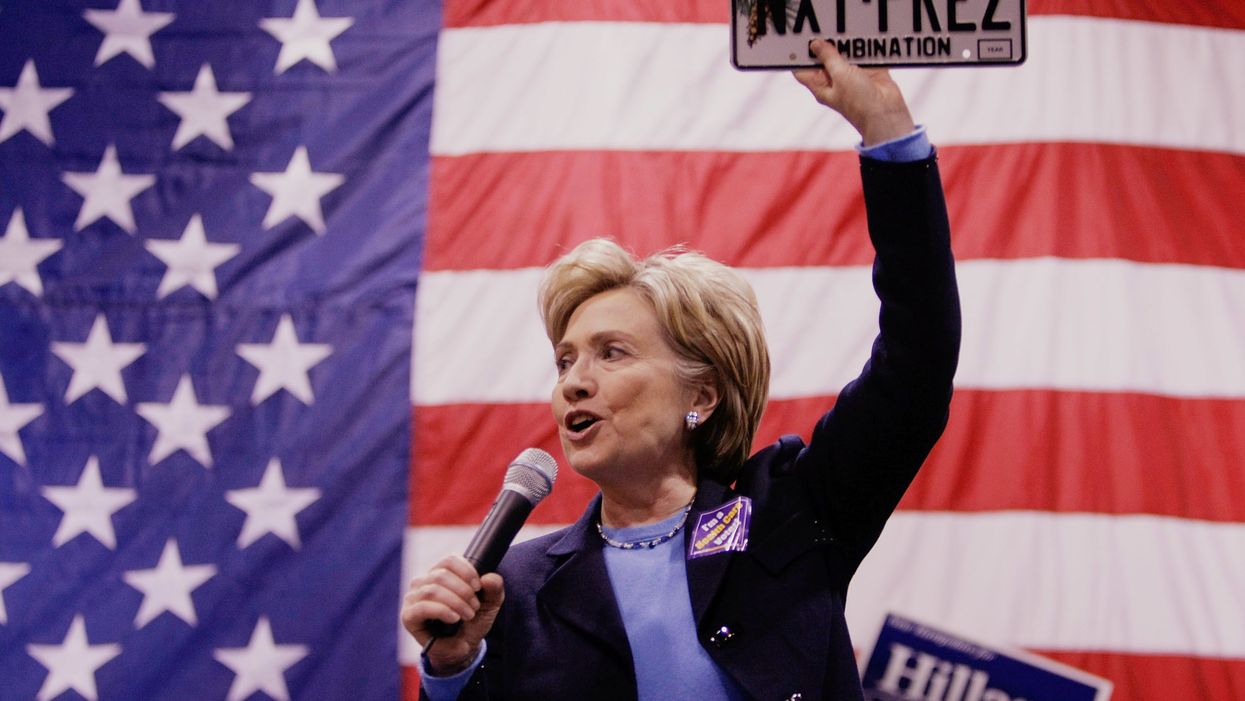Mainers will be the first voters in the country to use ranked-choice voting in a presidential general election, after Gov. Janet Mills announced she would accept legislation allowing the new system.
Mills, a Democrat, announced Friday that she would permit a bill passed during a special legislative session in August to become law without her signature. But she said it would not take effect until after the 2020 Democratic primary.
By delaying the law's start date, Mills said she was hoping the Maine legislature would appropriate additional funds and take whatever other steps are needed for its implementation. One outlet reported the cost would be about $100,000.
"My experience with ranked-choice voting is that it gives voters a greater voice and it encourages civility among campaigns and candidates at a time when such civility is sorely needed," Mills said in a statement. "At the same time, there are serious questions about the cost and logistics of ranked-choice voting, including collecting and transporting ballots from more than 400 towns in the middle of winter."
Under ranked-choice voting, citizens place their choices in order of preference. If no candidate wins outright with a majority of No. 1 ballots, the candidate with the lowest number of top-choice is eliminated and his or her votes are allocated based on the second choices of those voters. The process continues until a candidate has a majority.
Supporters say the system provides a better reflection of voters' desires and tamps down negative campaigning because candidates may not be a voter's top choice but could be their second or third. Opponents say it's confusing and subject to abuse.
Ranked-choice voting could have had an impact in the 2016 presidential race in Maine because Democrat Hillary Clinton received 48 percent of the vote compared to Republican Donald Trump's 45 percent. Libertarian Gary Johnson received 5 percent and Green Party candidate Jill Stein earned 2 percent. Because no one received a majority, at least Stein's supporters would have had their votes redistributed.
Maine became the first to pass statewide ranked-choice voting in 2016, and its application resulted in Democrat Jared Golden ousting GOP Rep. Bruce Poliquin when minor-party candidates' second choice votes were redistributed.
Ranked-choice voting is now available in more than a dozen cities, including San Francisco and Minneapolis. A campaign to bring it to Florida, or at least Jacksonville, is getting underway soon.





















